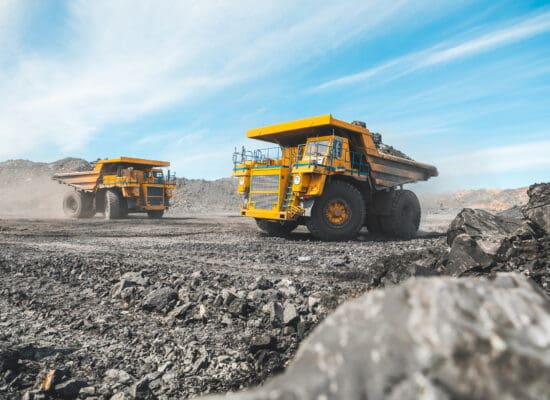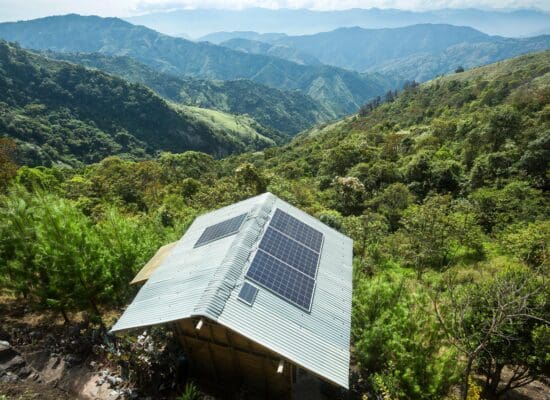News
New Job Opportunities in the Energy Transition: Training line workers in Chile
Country:
Chile,
Organisation:
GIZ,
Tener Futuro,
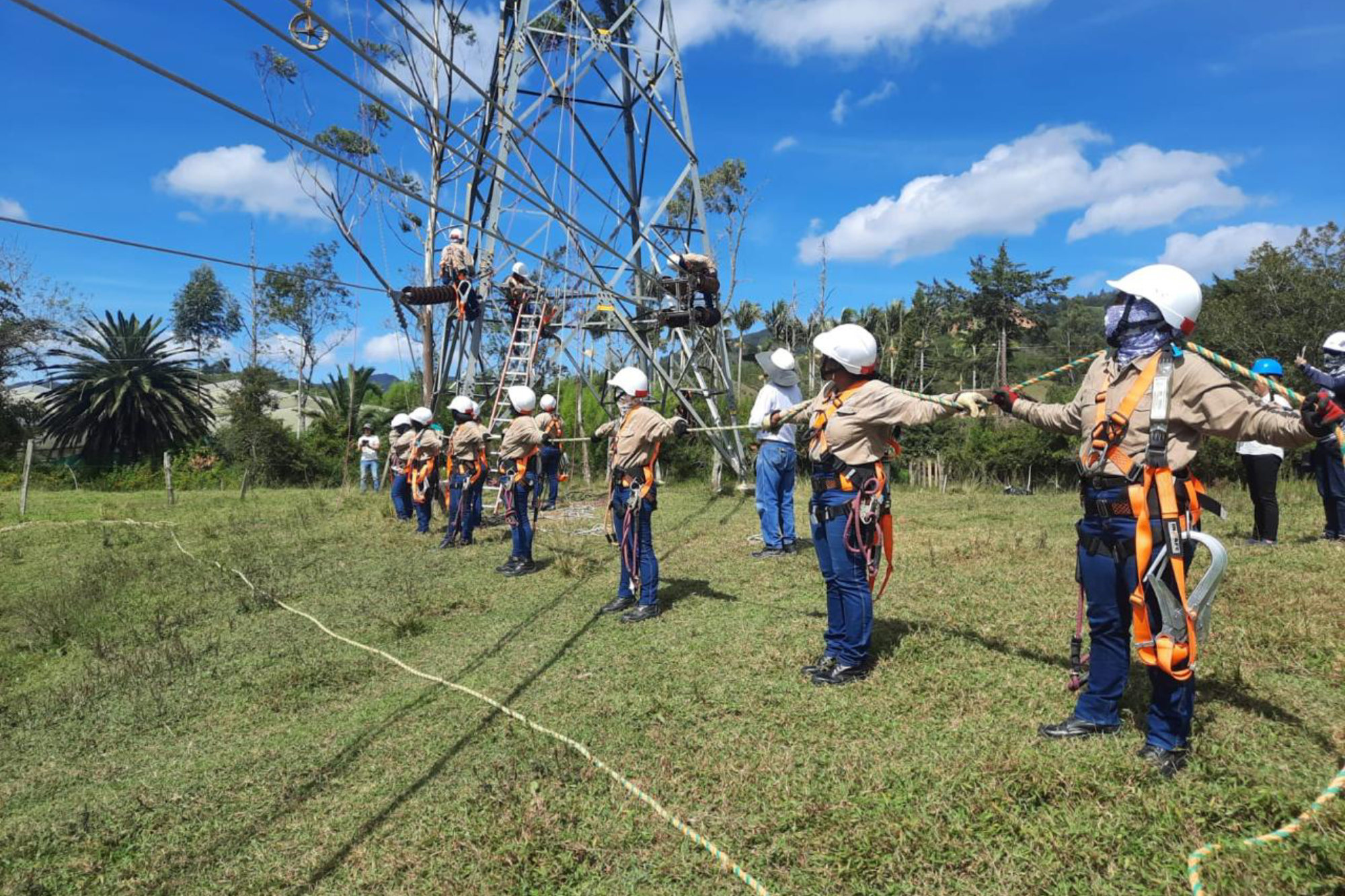
The rapid expansion of power grids is essential for decarbonising energy systems. However, this expansion hinges on a skilled workforce—particularly line workers, who are often in short supply. To address this issue, the Deutsche Gesellschaft für Internationale Zusammenarbeit (GIZ), through the Innovation Regions for a Just Energy Transition (IKI JET) project, is facilitating the transfer of a successful Colombian training model to Chile.
Chile is among the world’s most ambitious nations when it comes to transitioning from fossil fuels, coal in particular, to renewable energy. By 2023, wind and solar power was generating 32% of the country’s electricity, matching the output from thermal sources. Its solar energy capacity has soared from a mere 0.09% in 2013 to over 30% by the end of 2024. Wind energy is also growing at a similar pace.
Chile’s grid expansion is struggling to keep up with these rapid developments. Insufficient transmission capacity has become a major bottleneck, which is delaying the integration of renewables and slowing the closure of coal-fired power plants. As a result, renewable electricity from remote northern and southern regions has to be transported to industrial hubs and the capital in central Chile. Without corresponding investment in grid infrastructure, energy curtailments will continue to grow.
To tackle this, Chile plans to construct more transmission lines, including its longest-ever line: the 1,342-km Kimal-Lo Aguirre project. It will become the country’s first high-voltage direct current line and is expected to take five years to build, requiring around 2,000 line workers. The region’s labour capacity, however, is insufficient to meet this demand, with an estimated shortfall of at least 800 trained workers—and vocational training facilities are currently unable to bridge the gap.
As part of its mission to support a just transition away from coal in the country, the IKI JET team identified an opportunity to replicate a successful workforce training model from Colombia. The model would enable the upskilling and reskilling of workers for renewable energy jobs, creating new pathways (especially for women and marginalised communities living near transmission corridors) and strengthening social justice during the transition.
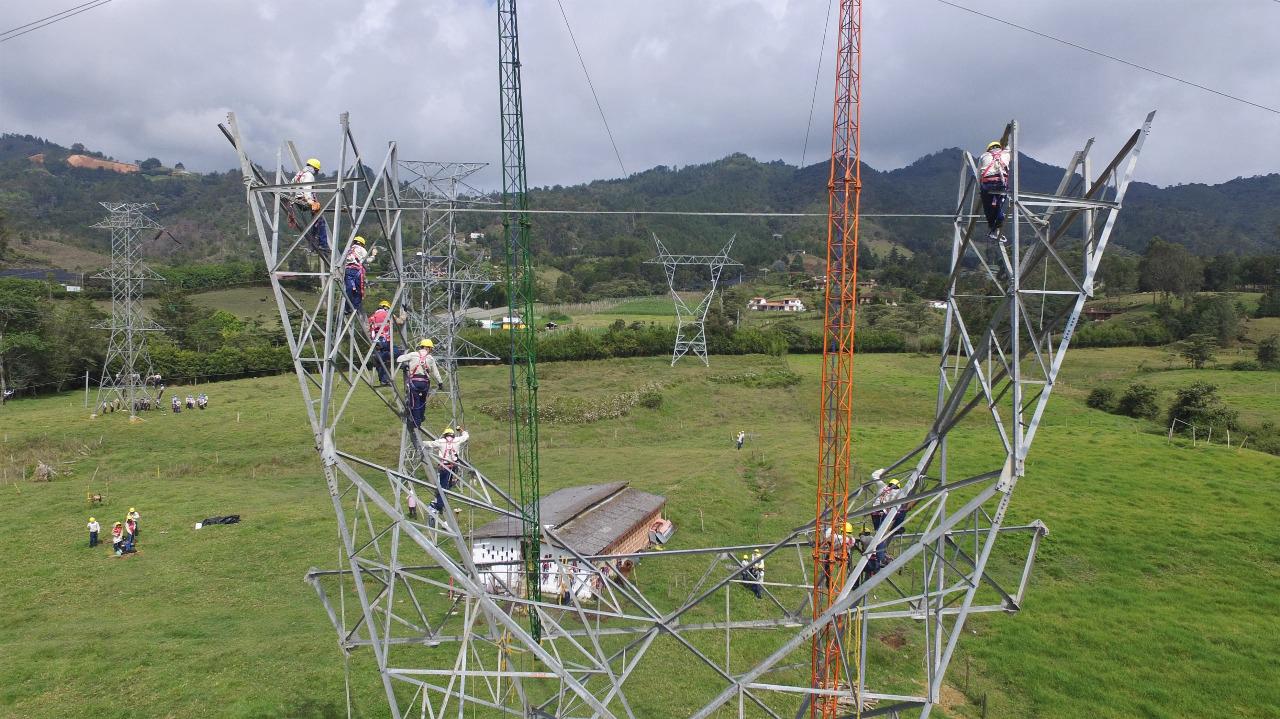
Line Worker Training Schools in Colombia: A governance and financing blueprint
Between 2016 and 2020, the construction of nearly 5,000 km of transmission lines was planned in Colombia. In 2017, a collaborative training initiative was launched involving two transmission companies, investment firms participating in public tenders for new transmission lines, and construction subcontractors. Under this model, each company contributes to workforce development in accordance with the contracts it has been awarded. Contributions are adjusted to reflect the scope and technical requirements of each company’s project pipeline.
To manage the initiative, the non-profit Tener Futuro was created. It oversees operations, including the logistics for training camps and the coordination of industry contributions. The 12-month training programme includes a three-month intensive instruction phase, followed by three months of mentoring and a six-month internship with a participating company. A third major transmission company has since joined, and around 800 line workers have been trained—many of whom now work across South America.
The success of the programme lies in strong industry leadership and contractor engagement. Tener Futuro now operates a specialised school for the electricity sector, which addresses current and emerging labour needs across the energy value chain.
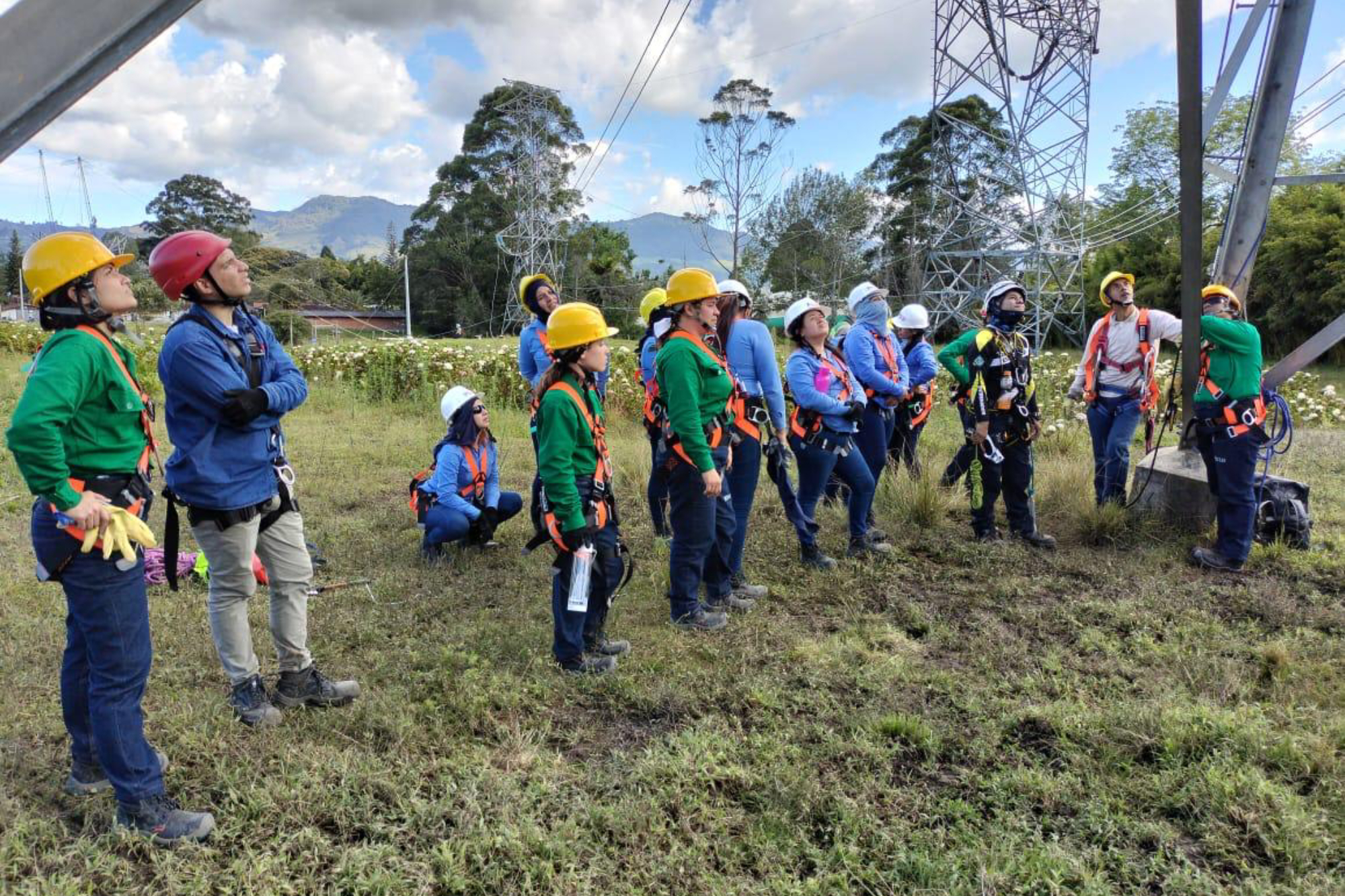
Expanding the Model to Chile
In 2024, GIZ launched a process in Chile to define the core competencies required for line workers, which culminated in a high-level workshop in March 2025. The event brought together stakeholders from Chile’s energy sector, including transmission companies, subcontractors, public institutions, and international experts.
Co-organised with the Ministry of Energy and the Business Association of Transmission Companies, the workshop aimed to transfer best practices and technical know-how from Colombia. Tener Futuro shared tools and insights to guide the creation of a training centre.
Following the workshop, a memorandum of understanding was proposed, based on the Colombian model, to build a collaborative framework between transmission and construction firms in Chile. While official signatures are yet to come, several companies have expressed strong interest in joining.
The goal is to establish a full training programme between 2026 and 2030. This will include setting up and equipping training sites, developing structured educational content, and ensuring a robust coordination model. Participating companies and a designated project operator will provide instructors, resources, and logistical support to ensure that the next generation of skilled line workers is ready to support Chile’s clean energy future.
Stay Informed and Engaged
Subscribe to the Just Energy Transition in Coal Regions Knowledge Hub Newsletter
Receive updates on just energy transition news, insights, knowledge, and events directly in your inbox.

